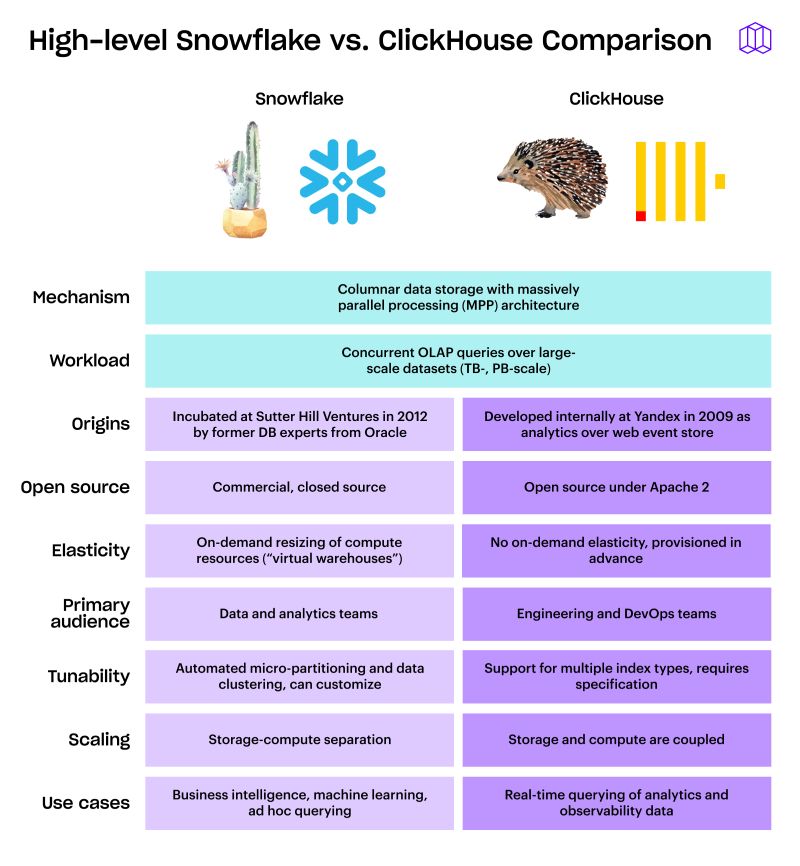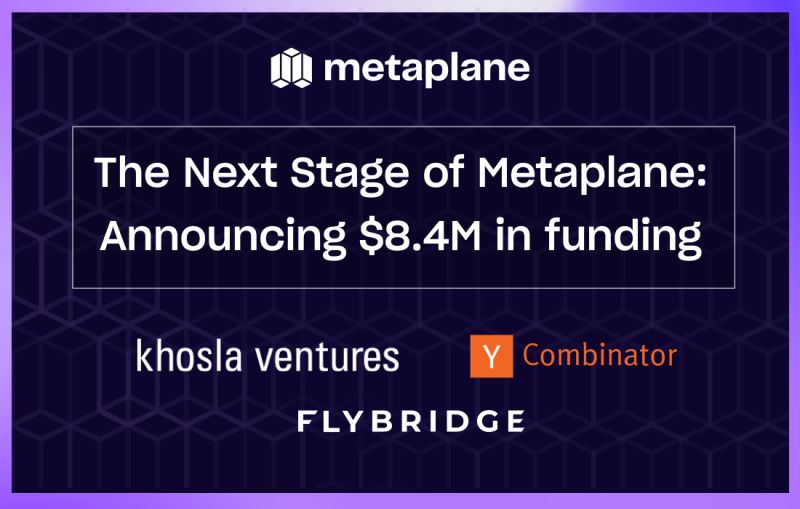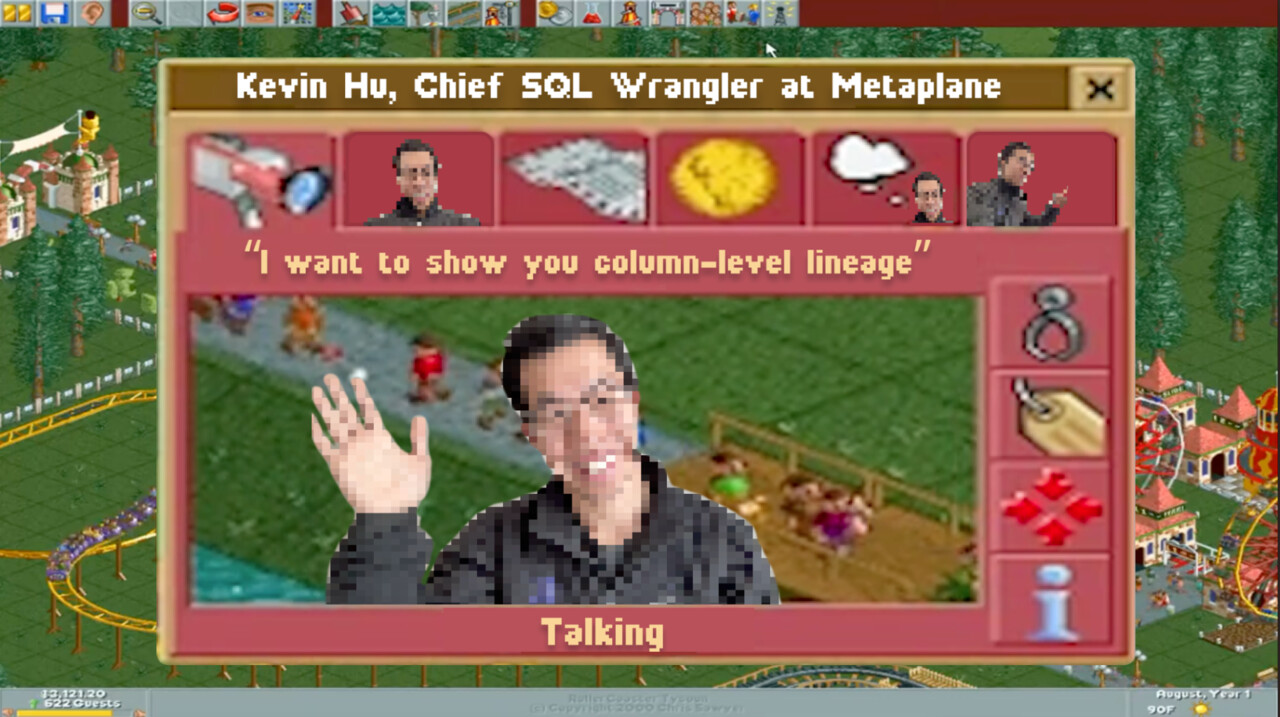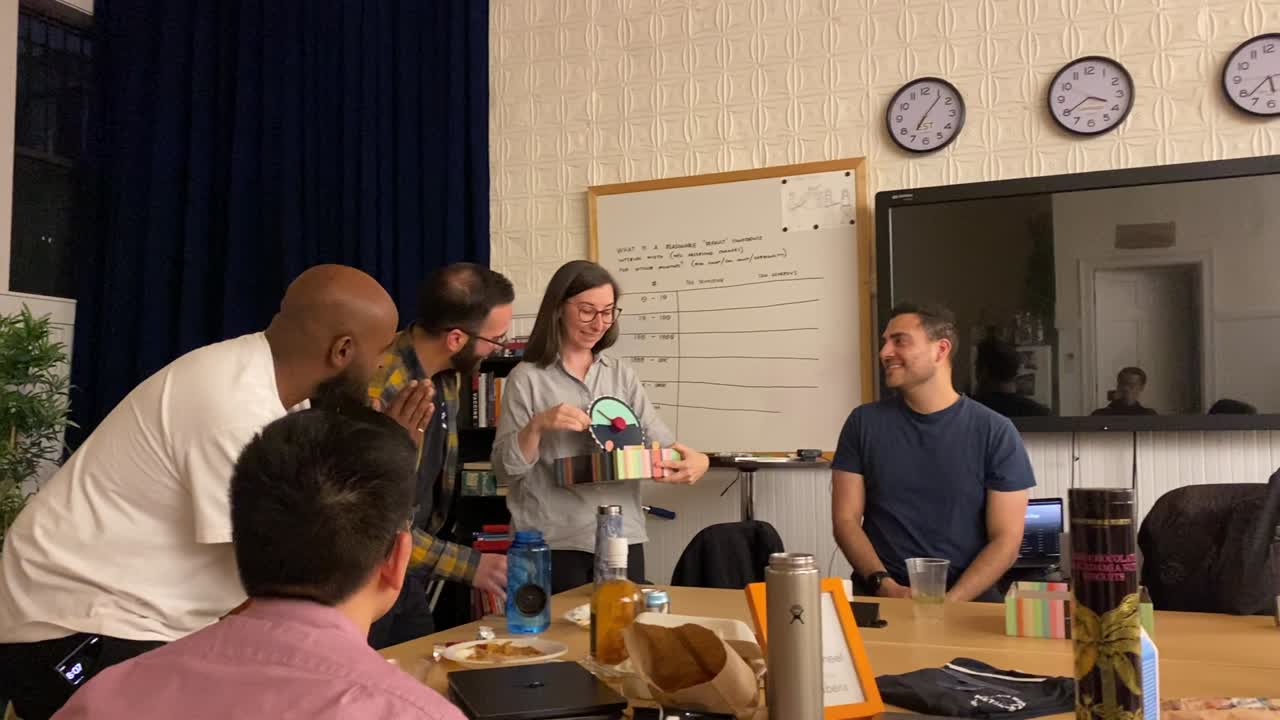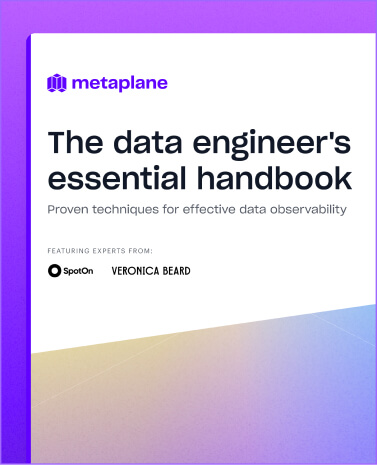Five Talks on Careers in Data from Coalesce 2022
Insights from the best in the business on transitioning into analytics engineering, identifying your strengths, thriving in your organization, and charting the path forward.

The tentative title for this blog post series was FOMO no mo’. Even though I was lucky enough to present at Coalesce in New Orleans this year, there were around 100 talks with sometimes 3 running in parallel. The most common phrase I heard in the hallways was “I can’t decide which one to attend because they all sound good.”
And they were good. The signal-to-noise ratio at Coalesce was off the charts. So hats off to the dbt team for not only organizing great events and gathering our community, but also curating a roster of exceptional talks. My only request is including a time-turner in our swag bags next time.
SELECT * FROM TALKS WHERE TOPIC='career' LIMIT 5;
After the talk recordings were released I started binge watching them all to relieve my FOMO. On one hand, I got overwhelmed. On the other hand, four broad categories of talks bubbled up: the Craft of data work, the Mechanics of exercising our craft, the Organizations and Teams we work within, and how we conceptualize our Careers.
Working in an industry that changes every year can be thrilling. Next year’s Coalesce will probably feature a totally different roster of talks. It can also be highly uncertain. What does it mean to have a career in data? Behind the speculation about the future of data as an industry, what is the future of data for ourselves as individuals?
I’ve been thinking a lot about the topic of careers, so I started there and wanted to share notes on five talks that I personally learned a lot from. Sorry in advance if I omitted a talk that you loved or don’t do these justice – let me know if so! To kick it off...
1. What classes from roleplaying games can teach us about a career in data

The first talk I’d recommend, especially for fellow gamers, is “What classes from roleplaying games can teach us about a career in data” (video) from Ian Fahey at dbt labs. Being a Dungeon Master must be good practice for giving a talk, because Ian lit the physical and digital rooms on fire with his Dungeons and Dragons typology.
Examples of D&D classes include: druids that listen to stakeholders then turn their subject matter expertise into models and dashboards, fighters that are proficient in tools, and paladins that wield the magic word “no.” Truly a rare skill.
Once you identify the class(es) that resonate with you, the next step is understanding how you mix and match with other classes. I cracked up when he said that “Fighter + Wizard = Is there anything we DON’T know?” Not only was this half hour was a master class in presenting, but also a good example that learning about others can teach us about ourselves.
💪Key takeaway: reflect on your unique strengths and weaknesses, and understand how you can combine forces with others.
2. Excel at nothing: How to be an effective generalist

If you reflect on your D&D role and find multiple classes resonating with you, check out “Excel at nothing: How to be an effective generalist” (video) by Stephen Bailey at Whatnot. If you don’t already read Stephen’s substack, you should take a look. He’s a thoughtful writer and illustrator, both of which shines through his talk.
I like the nuance with which Stephen defines what it means to be a generalist vs. specialist, both on a spectrum between “diversity of function” and “exercised skill” as well as the role that each play within their communities.
That framing was enough of a mic drop for me. But Stephen builds on this techno-organizational framework to suggest how generalists can fail and succeed by filling structural holes. Viewing organizations from a network perspective is powerful.
🦉Key takeaway: generalists can be identified by the nature of their technical skill and the place they sit within organizations, and the highest leverage problems for generalists to solve are those without clear ownership.
3. Analyst to Analytics Engineer

One common path into data is highlighted in “Analyst to Analytics Engineer” (video) by Brittany Krauth from Degreed, who right off the bat starts by saying “analysts make fantastic analytics engineers.”
From my experience in conversations with data leaders like Lucas Smith, this feels very true for the reasons that Brittany describes: analysts are experts at understanding the “ask” from stakeholders and often already know the data that they want.
Moving from the “why” to the “how”, Brittany follows up with recommendations for transitioning into analytics engineering. I loved how concrete the recommendations and examples were. Some include: leveling up your SQL through pair programming, learning the basics of Git through asking data engineers, and creating standards via file templates.
💜Key takeaway: analysts making the leap into analytics engineering possess some of the most important business-facing skills already, and level up themselves and their teams by leveling up some skills like SQL, Git, and dbt.
4. The accidental analytics engineer

As a lapsed data scientist who also found himself in the analytics engineering world, “The accidental analytics engineer” (video) by Michael Chow from RStudio PBC spoke to my soul. The general statement of the question answered by this talk is “what to do when you realize you need to do something else?”
Michael made the tightest distinction I’ve heard between the Tidy and Modern Data Stack perspective, with the tidyverse focused on “producing insights” from raw data, with the MDS universe focused on scaling up and maintaining functionality.
The difference between two perspectives is not only technical but also cultural. And between these two worlds are a few bridges: dbt is of course one of them, but also learning data modeling, and developing an understanding of how data gets in and out.
🌉Key takeaway: The DS and AE worlds stand separate, both for individuals and organizations. But the connection between them can be built with better tools and understanding. Also I bought “The UX Team of One” which is really good.
5. Clearing the path: a career progression for individual growth

Regardless of what you do or where you came from, the future can be quite uncertain in our world. “Clearing the path: a career progression framework for individual growth” (video) is by Liz Bianco-Lane and Meghan Cassidy from the famed Brooklyn Data Co. The goal is to “refactor and/or develop your career path” and dropped wisdom that speaks to every role.
They start by emphasizing the need for reflection, and even include pro tips for reflection. Some guiding questions include: What aspects of the job do you enjoy? How can you best leverage your skills and strengths? What do you want to do more of? Does your day-to-day look like your job description?
The crowning jewel is a career progression framework with five levels of technical skills, with definitions for each and tips to communicate them to your manager, along with guidelines for iteration and ensuring feedback loops and agreeing on next steps with your manager.
🪜Key takeaway: When thinking about your career, start by reflecting on your path so far, then adapt a framework both to chart the path forward and to facilitate conversations with your manager.
Summary
Each of these five talks stands alone in their own right, but I was tickled by the connections between them. Identifying our own strengths using D&D classes as inspiration can help inform our career progressions and whether we consider ourselves generalists. Transitioning into analytics engineering from an analyst background has overlaps with coming from a data science background.
Most of all, I’m inspired by how much we all have in common as data practitioners, because we can look towards the future together.
I’d love to hear your thoughts on the talks if you get a chance to watch. I tried and would not recommend watching two at once at 2x speed. Next up, I’m getting started on the talks on Organizations and Teams, and curious to learn how those talks also speak to data careers.
Table of contents
Tags
...
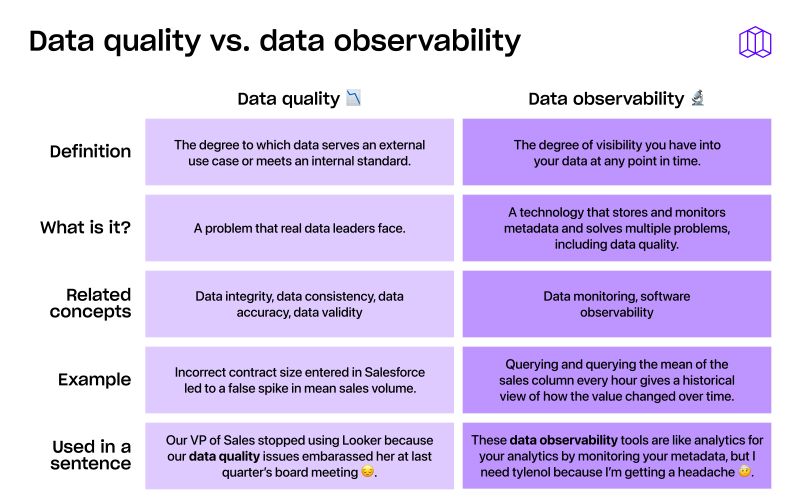
...

